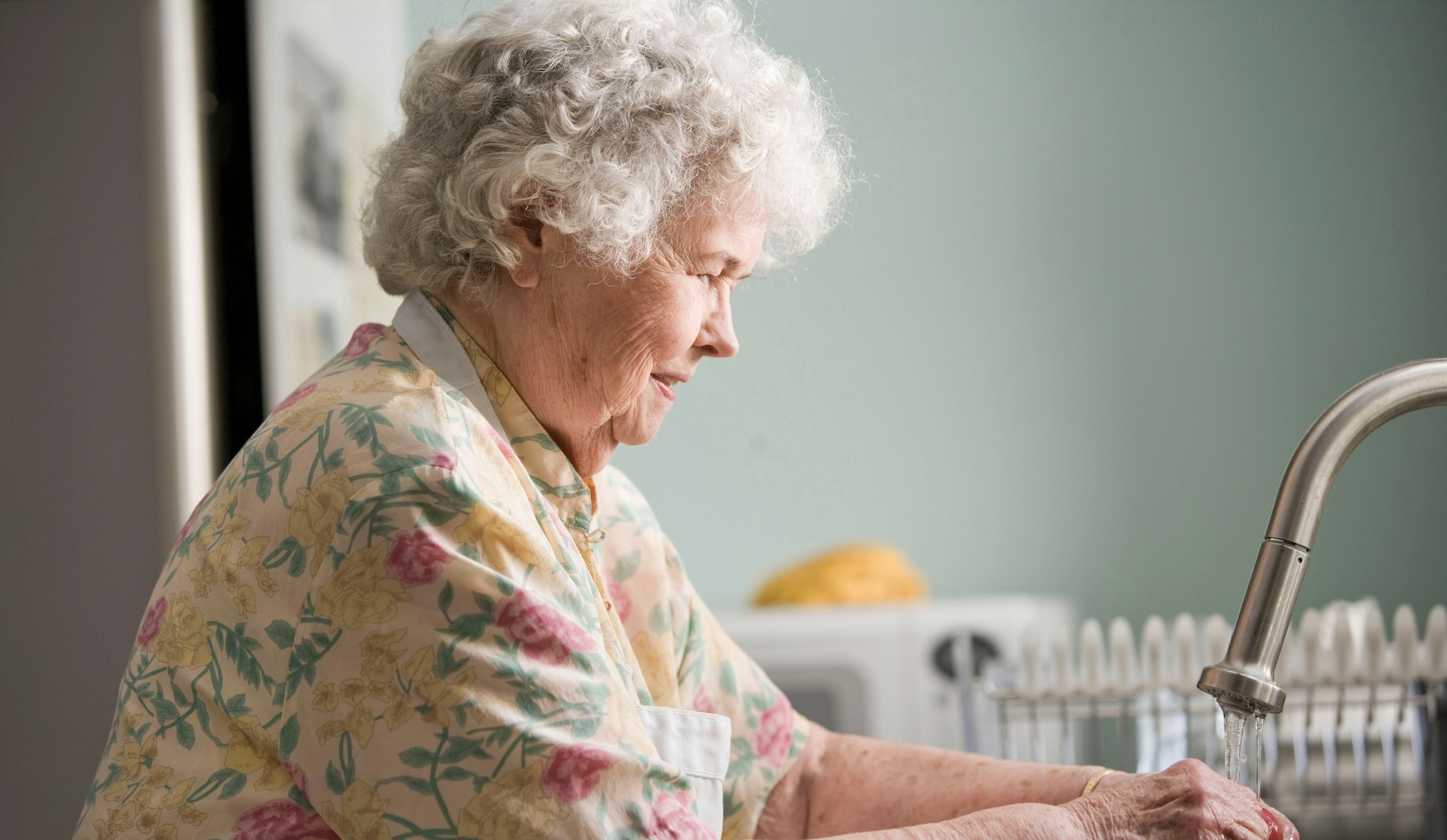“Age UK would certainly like to see more financial support for people approaching state pension age who aren’t in employment, particularly for those who realistically will not work again due to ill health or caring responsibilities.
“It has recently been suggested by one private pension provider that a good way forward would be for people in that position to gain early access to their state pension at a permanently-reduced rate, but if that happened we would worry about them suffering financially for the rest of their lives, given that the full state pension is not lavish and they would have to manage on appreciably less.
“However, there is no doubt that the current position needs to be reformed as it condemns too many to live in poverty as they approach their state pension age.”
State pension has gone up by 8.5% this month, according to the rules of the triple lock. This means that state pension is increased by whichever is higher: the rate of wage growth, inflation or 2.5%. For this financial year, it was earnings growth.
It means that those on the new state pension (for those reaching pension age after April 2016) will get £221.20 each week, up from £203.25.
Meanwhile, those on the basic state pension will get £169.50 each week, up from £156.20.
Advertising helps fund Big Issue’s mission to end poverty
But there are currently 2.1 pensioners living in poverty in the UK, and charities have expressed concern that the government is not doing enough to support elderly people.
Dr Carole Easton OBE, chief executive at the Centre for Ageing Better, said: “The latest rise in state pension will be a small crumb of comfort for the millions of pensioners struggling below the poverty line. The cost of living crisis has resulted in a significant number of pensioners eating less than they should, reducing the number of showers and baths they have and avoiding going to the dentist.
“While the state pension is increasing this month, it should not be forgotten we have the worst state pension offering among OECD countries which doesn’t even give people sufficient money to afford the minimum socially accepted standard of living.”
Easton said that “creating better pension freedoms”, such as an earlier and reduced state pension, “may be helpful to some but it is only tinkering at the edges of the problem”.
According to the Centre for Ageing Better, a quarter of working age adults over 60 are in poverty, which is the highest poverty rate among any age group over 16.
“What we desperately need is for more people to be able to stay in appropriate and quality work in their 50s and 60s,” Easton said. “Increasing employees’ rights, for example through new flexible working and carer’s leave rights that came into force this weekend, are a good start.
“But we need more employers who recognise the value of older workers and who are committed to improving their opportunities for work. We need government to deliver targeted employment support for older workers.
“And we need the UK government to think again about raising the state pension age until they have a plan to make sure that any further increases do not significantly raise poverty levels among older people. The last pension age increase to 66 doubled poverty rates among those on the cusp of retirement.”
Advertising helps fund Big Issue’s mission to end poverty
State pension age is expected to rise to 68 by 2046. It means that anyone who is currently 45 and under is unlikely to be able to retire with the guarantee of a state pension until they are 68.
Meanwhile, polling from Independent Age shows that 64% of people over 50 who are not yet fully retired are worried about their financial situation if and when they fully retire.
Joanna Elson CBE, the chief executive of Independent Age, said: “We know that many people in later life will still be struggling to make ends meet. It’s a damaging misconception that all older people are financially well off, living off large pension pots. Our helpline receives regular calls from older people that have been forced to make tough cutbacks that include having just one meal a day and washing less to save on water.
“In the long-term, older people need financial security. That’s why we are calling for a cross party review to establish the adequate level of income needed to avoid poverty in later life and a robust plan must be agreed on how to ensure all pensioners reach this level. This isn’t just needed to support our current older population – without drastic intervention, there is a real risk of a future surge in pensioner poverty.”
Do you have a story to tell or opinions to share about this? We want to hear from you. Get in touch and tell us more.









